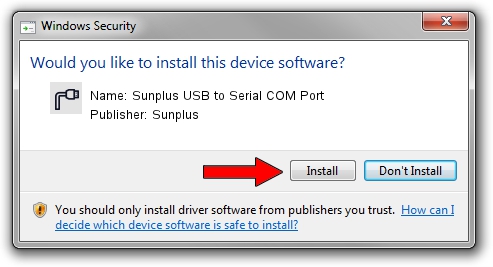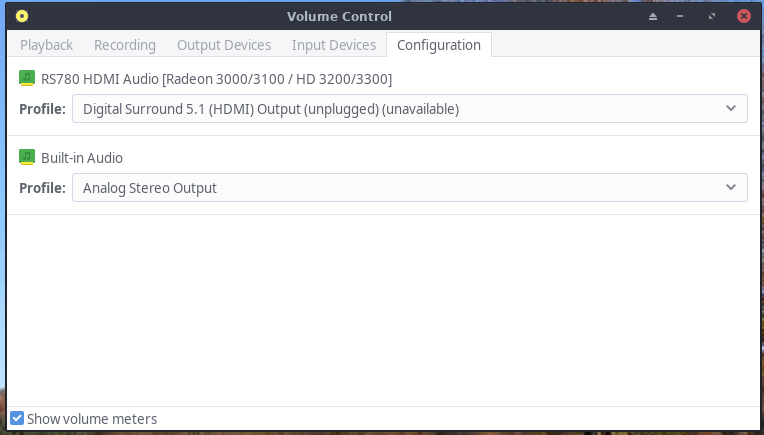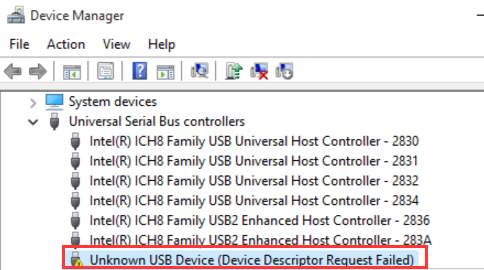Sunplus Sound Cards & Media Devices Driver
Sound Card Two video cards CDROM Drive 1 GHz P4 - or greater 512 Mb RAM 100 Mb disk space Windows 98, ME, 2000, XP Sound Card Two video cards CDROM Drive 1. Trouble Shooting Index A Just a tip- SundayPlus 2.4 requires 90Mb of RAM to open. The available RAM can be found in Accessories System Tools System Information. File Name: sunplus-1512-firmware.exe Version: 1.1.8 Driver Date: 19 February 2011 File Size: 10,200 KB.
When S/PDIF became available in the Teensy Audio Library I thought this might be the solution to ground loop problems I’d been having when interfacing projects to my PC. However, I quickly realized I didn’t have any sound cards with an S/PDIF interface.
In the belief that I’d rather build than buy I decided to update one of my previous projects, a PCM2904 based sound card, to include an S/PDIF interface. The update was a cinch because TI has a pin-for-pin replacement for the PCM2904 (the PCM2906) with an S/PDIF interface. All I had to do was replace the audio jacks with fiber-optic transmitter/receivers connected to the appropriate pins.
The resulting schematic and prototype are shown below. (If you’re interested, the boards are available through OSH Park)
There’s not a lot to it. It’s simply the reference circuit from the PCM2906 data sheet with portions I don’t expect to use eliminated.
Testing The Interface
To test the interface I looped the transmitted fiber optic signal back to the receiver. When plugged into my Linux laptop it registered as a Texas Instruments PCM2906C Audio Codec as shown below.
Starting up the PulseAudio Volume Control and playing back a file using VLC, I could see the input and output audio levels varying with the signal from VLC.

If you want to actually hear the looped back audio you can use the PulseAudio loopback module.
- Open a terminal and execute the command shown below. The result will be a list of names associated with alsa modules, sources, and sinks.
- Look for the alsa analog stereo output to identify the sink. On my system it takes the form alsa_output.pci-0000_00_1b.0.analog-stereo.
- Look for the PCM2906 input to identify the source. Ony my system it took the form alsa_input.usb-BurrBrown_from_Texas_Instruments_USB_AUDIO_CODEC-00.analog-stereo.
- Open a terminal and execute the command:
where <source_name> and <sink_name> are those identified above. Please note the source and sink names are case sensitive.

You should now hear the looped-back audio through your system speakers.

Sunplus Sound Cards & Media Devices Driver

Sunplus Sound Cards & Media Devices Drivers

- Posted in: Uncategorized